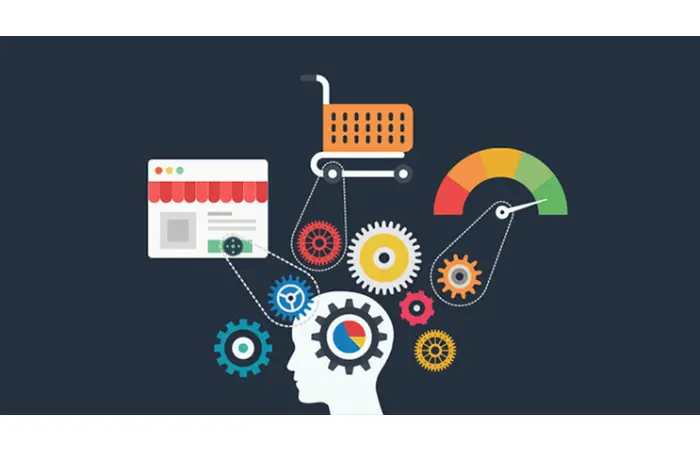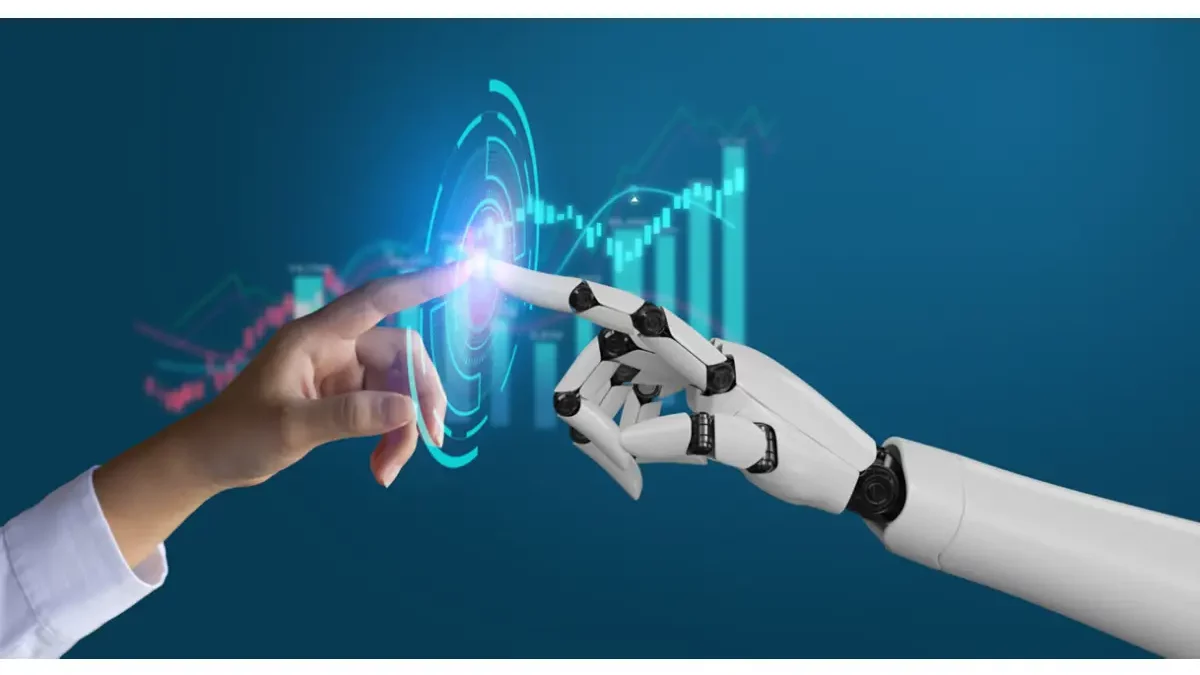In today’s digital world, the efficacy of marketing finds its anchor in the sophisticated craft of personalization. As consumers wade through a sea of advertising and promotional endeavors, carving a distinct niche for a brand emerges as a considerable challenge. The integration of artificial intelligence into the sphere of marketing signals a pivot towards more nuanced engagements, meticulously tailored to reflect the individual predilections of each consumer.
This pivot to leveraging artificial intelligence for bespoke marketing strategies is not merely a transient wave but a profound transformation. Forecasts predict a climb in expenditures on AI-driven marketing from $27.4 billion in 2023 to a striking $107.4 billion by 2028. These statistics highlight the instrumental role of AI in sculpting new directions for marketing practices on a worldwide canvas.
Table of Contents
The Role of AI in Personalized Marketing
The many benefits of using AI in marketing have significantly enhanced marketers’ abilities to understand and engage with their target audiences.
Capacity for Handling Extensive Data Sets
AI algorithms demonstrate an exceptional aptitude for swiftly and precisely handling extensive data sets, thereby furnishing marketers with profound insights into consumer conduct and inclinations. This refined data analysis empowers marketers to render more judicious decisions and craft highly focused marketing initiatives.
Predictive Analytics Capabilities
A further essential merit derived from the integration of artificial intelligence within marketing frameworks lies in its predictive insight capacity. Through the application of AI-driven prognostic models, marketing practitioners gain the foresight to anticipate shifts in consumer engagement and preferences. This anticipatory methodology affords businesses the agility to refine their promotional endeavors in alignment with evolving consumer anticipations, thus optimizing operational efficacy and financial yield.
Streamline Repetitive Tasks and Optimizes Resource Allocation
Employing AI-driven automation serves to streamline repetitive tasks and refine resource allocation, thus cultivating cost efficiencies within organizational frameworks. By harnessing this technology, enterprises can automate processes like data analysis, content origination, and campaign fine-tuning, allowing marketers to pivot their focus towards strategic decision-making and inventive ventures. As a result, this judicious utilization of advanced automation fosters heightened brand efficacy and augments overall operational prowess.
Implementing AI-Powered Personalization
Data Collection and Analysis
The initiation of AI incorporation into marketing methodologies begins with the systematic accumulation and scrutiny of pertinent data originating from diverse outlets. Marketing professionals are tasked with procuring actionable intelligence regarding consumer conduct, wherein AI algorithms assume a pivotal role in the processing and interpretation of said data.
Through the utilization of AI-facilitated analytical tools, marketers can procure invaluable insights, thereby enriching their strategic approaches and augmenting their decision-making capabilities.
Algorithm Selection
The careful selection of AI algorithms stands as a critical determinant in the efficacy of tailored marketing endeavors. Marketers are tasked with the meticulous consideration of algorithms aligned with their precise objectives and the unique attributes of their target demographic.
Whether the focus is on employing machine learning algorithms to facilitate predictive analytics or leveraging natural language processing algorithms to tailor content, the judicious choice of algorithms is indispensable for attaining the desired results.
Content Customization
After determining the suitable algorithms, marketers can employ AI-driven tools to craft tailored content across diverse marketing platforms. Ranging from individualized email campaigns to dynamic website material and focused social media advertisements, AI empowers marketers to dispense exceptionally pertinent and captivating content to their target demographic.
This tailored approach guarantees that every interaction with consumers is adapted to their specific preferences, thereby amplifying engagement levels and fostering conversion rates.
Continuous Testing and Optimization
The ongoing process of testing and enhancement plays a pivotal role in the deployment of AI-driven personalization. Marketing professionals must consistently observe and fine-tune their AI algorithms to enhance precision and efficacy progressively.
Through iterative adjustments and optimization of their methodologies grounded in current data and discernments, marketers can uphold the resonance of their marketing endeavors with the dynamic shifts in consumer inclinations and market dynamics.
Overcoming Challenges and Limitations
Although AI-driven personalization holds considerable promise, it is not exempt from hurdles and constraints. Prominent among these are apprehensions regarding data privacy, biases inherent in algorithms, and technological constraints. It is imperative for marketers to confront these obstacles head-on, devising proactive measures to alleviate risks and upholding principles of accountability and ethics in the integration of AI within marketing endeavors.
Future Trends and Opportunities
Forecasting the trajectory, the forthcoming landscape of AI-driven personalization within marketing appears auspicious. Progressive developments and trends in AI systems are altering the terrain of tailored marketing, thereby introducing fresh avenues for inventive endeavors and originality. As AI progresses, marketers can anticipate the advent of increasingly refined functionalities and utilization scenarios, thereby amplifying the efficacy of personalized marketing tactics.
 Final Thoughts
Final Thoughts
The integration of AI-driven personalization marks a noteworthy progression within the marketing domain. Through the utilization of AI capabilities, enterprises gain the capacity to customize their marketing approaches based on individual inclinations, thereby enhancing the resonance and appeal of their engagements with customers.
As AI methodologies advance, it is imperative for marketers to adopt and exploit these advancements to maintain competitiveness within the swiftly digitizing sphere. Incorporating AI-driven personalization into marketing frameworks enables businesses to tap into novel avenues for expansion and triumph amid the dynamic milieu of contemporary marketing practices.

